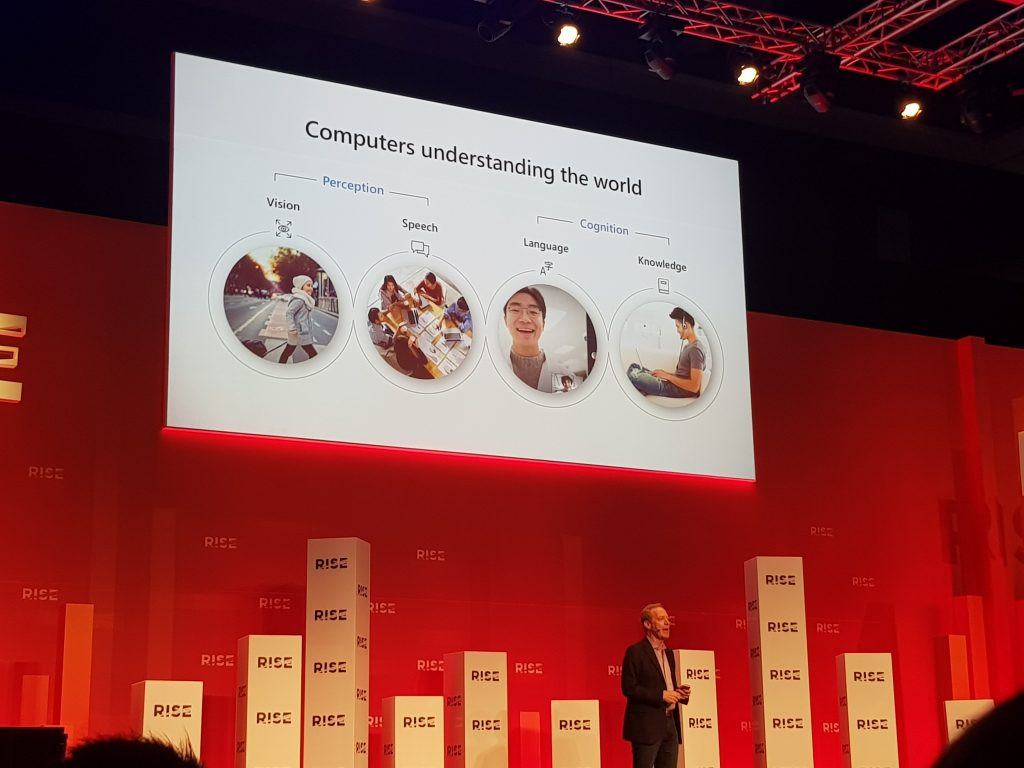How the world is planning to integrate AI for society and the future
To many, AI has been a monolithic mythical thing that people treat as a black box. However, AI is so much more than its description of being just a black box. AI in its simplest form is for computers to understand and perceive the world as humans do, to recognize images and understand words through speech. AI also seeks to reason critically and understand patterns on a human capacity.
Machines were able to see things since the camera was invented in the 1870s. What has changed is that computers can now recognize objects that are within a photo. At Microsoft, computers have tested a 96% success rate in recognizing facial imagery and a 94.6% rate in being able to understand human speech. That matches the threshold set by people who transcribe for a living. To top it off, another 69.9% of Microsoft computers can translate human parity accurately while 88.5% of these exact same computers can read human parity correctly. However, Smith states that we cannot afford to look at the future with uncritical eyes as the future of AI is an unknown territory, equipped with potential consequences that can rip permanent damages.
The thing about AI is that it amplifies good changes but can also develop harsh consequences as well. Hence, abiding to the ethics of AI can help prevent catastrophe from developing from the limitless potential of AI technology.
Fairness
One of the main ethical principles of AI is the value of fairness. We live in a world where we strive to create a non-discriminating and non-bias environment for people to grow, excel and nourish.
However, this could be undermined by the fact that machines still function differently from human beings which results in unforeseen threats. One example is facial recognition where even the best versions of facial recognition technology still display forms of discrimination in identifying people. This includes better identifying man than women, and better identifying people with a lighter complexion than with a darker skin tone.
Reliability and Safety
These principles are extremely crucial in preventing AI from going out of control. Microsoft needs to design AI systems that are trustable, robust and secure. In fact, this is one of the most important aspect of advancing AI because hacking into the system could very well dissolve the entire credibility of AI. The companies that handle consumer’s privacy and security needs to be held accountable as well. AI could potentially go out of hand and thus, transparency in policies and tactics used in creating an inclusive environment is crucial. This allows everyone from every nation, state and city, to use AI technology in a beneficial way.
Transparency
There are third fundamental principle of upholding the ethics of AI is transparency. There is simply no other way of getting the public to trust AI unless information is shared on how AI is being utilized to benefit the consumers.
Accountability
The people who design the Microsoft computers have to be made accountable to everyone else. Unfortunately, many coders in today’s age do not abide to the 6 ethics of AI. Hence, could there be a hypocritic code for coders, like the code for doctors? The interesting thing is that students from different faculties around the world are starting to create hypocritical drafts for coders. To take technology forward, it is essential that people stay true to timeless values. But whose values are we going to live up to? We live in a diverse world, a world where there are philosophical and ethical considerations to look into. AI could very well be a controversial technology that challenges the philosophical and ethical norms that we have come to familiarize ourselves with. A global conversation on the ethics of AI is needed. The only way for us to reach a global understanding of where technology should go is to bring people from around the world to discuss on the direction where technology can best benefit humanity.
The thing with AI is that it all boils down to data. With more data, AI can be improved and become better. However, AI needs to handle the personal information of customers in the most secure manner. Besides improving the quality of life for humans, AI can also be used to improve the quality of mother nature as well. Earth is our home and we have an innate duty to protect, preserve and grow the natural beauty surrounding all of us. By incorporating AI in areas such as biodiversity, water, agriculture and climate, mother nature can seek to grow and expand and become more sustainable for future generations of humanity.
With that being said, AI is a fascinating form of technology that can greatly improve the lives of millions of people. It has the potential to be a catalyst to inspire, improve and innovate other people in the world. The future of AI is bright for those who believe in it.
ลงทะเบียนเข้าสู่ระบบ เพื่ออ่านบทความฟรีไม่จำกัด








